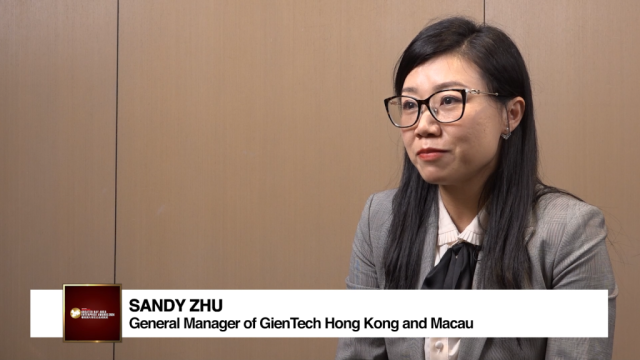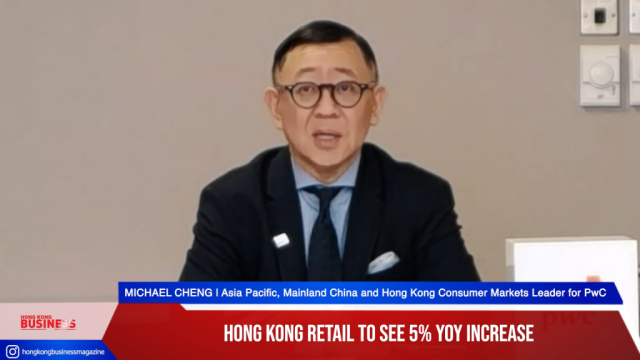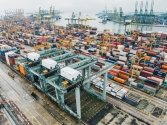
Almost 3 in 5 China, Hong Kong bosses eye investment hike in 2017
This is despite growing pressure in bottom line.
PwC launched its latest edition of APEC CEO Survey China Summary and revealed that 59% of China and Hong Kong executives are planning to increase investment in China over the next year, compared with 54% last year. Among other APEC executives with a footprint in China, 43% say they are increasing investment.
China continues to be the biggest growth market and competes with the US as a top destination for cross-border investment within APEC. This is despite sceptical views on its near-term economic growth: 27% of China and Hong Kong executives think the economy will grow less than 5% a year over the next three years
PwC surveyed over 1,100 CEOs and business leaders across APEC’s 21 economies (including 222 based in Hong Kong and China). They were asked to give their perspectives and plans for doing business in China in the run up to the APEC Business Summit in Lima, Peru (17-19 November).
“It's significant that APEC business leaders look beyond a slowdown to the long term. China is a prime example. Its scale and skills mean concerns about its slower economic growth are not enough to put business leaders off investment and expansion. China remains a powerhouse of potential for APEC businesses for new products and partnerships,” said Raymund Chao, PwC Greater China chairman.
Here's more from PwC:
Bottom line pressure is growing. Only 15% of China and Hong Kong executives say they are ‘more confident’ today than they were a year ago about increasing profit from domestic operations. This compares with the 21% who reported being more confident in 2015 and 41% in 2014.
In particular, businesses are more concerned about their ability to interpret regulations and anticipate costs: only 12% of China and Hong Kong executives are ‘more confident’ today in forecasting compliance or tax liabilities compared with 16% a year ago. Increasing competition and evolving consumer preferences have given rise to the emergence of three dominant strategies: building strong brands in digitally-driven value chains; deepening collaboration with local partners for access to innovation; and expanding inland to capture untapped growth opportunities. Executives are tapping into a combination of these strategies to stay competitive in their industries.
Business leaders see the need for these three strategies to support one another. They realize that expanding into interior markets will require more than modifying products and having loose partnerships to help with distribution.
They need to overcome low brand recognition, localize what they produce and how they produce it, and work closely with a partner that can help them reach the heart of the interior markets. In many cases, they will need to sell different product lines – coastal regions are demanding increasingly high-end products, while interior regions favour no-frills products and services.






















 Advertise
Advertise









